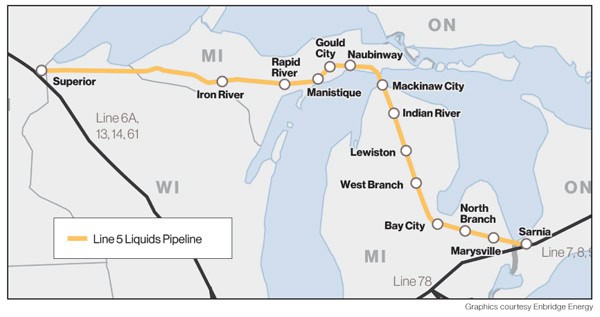NEW YORK – A new drug could put an end to cumbersome CPAP machines, which are thought to be used by some 33 million Americans to manage their sleep apnea. Roughly 39 million Americans, including President Biden, currently suffer from sleep apnea. The most common form of the disorder is obstructive sleep apnea.
In OSA patients, the upper airway partly or completely closes during sleep, blocking the flow of air to the lungs and causing breathing to repeatedly start and stop.
In addition to risks like death, high blood pressure, stroke, heart disease, Type 2 diabetes and possibly cognitive decline and dementia, OSA contributes to a serious decline in sleep quality.
The breathing condition is grossly underdiagnosed, with the Cleveland Clinic reporting that 85% to 90% of people with sleep apnea don’t know that they have it.
As per The Post, symptoms of OSA include:
- Excessive daytime sleepiness.
- Observed episodes of stopped breathing during sleep.
- Waking during the night and gasping or choking.
- Awakening in the morning with a dry mouth or sore throat.
- Morning headaches.
- Trouble focusing during the day.
- Mood changes, such as depression or being easily upset.
- High blood pressure.
- Decreased interest in sex.
A CPAP — which stands for “continuous positive airway pressure” — machine forces air into the body via a face mask and is the most common treatment for OSA.
However, because CPAPs are both cumbersome and expensive, many sleep apnea patients don’t use these devices and are instead trying to find out how to cure sleep apnea naturally.
Dr. David Kuhlmann, director of sleep medicine at Bothwell Regional Health Center in Sedalia, Missouri, and spokesperson for the American Academy of Sleep Medicine, tells WebMD, “In my patients, I’d say a quarter of them don’t get compliant on the machine and require other treatments,” primarily because they “just don’t want to wear a mask at night.”
Kuhlman maintains that, notwithstanding the reluctance many patients show to using CPAPs, no treatment compares to the efficacy of these machines, which supply users with continuous air throughout the night.
There’s currently no drug approved for the treatment of sleep apnea, but the makers of a new pill are hoping to change that.
Researchers at Apnimed, a Massachusetts-based company, have developed a drug called AD109.
The experimental drug is a combination of aroxybutynin, which is used to treat symptoms of an overactive bladder, and atomoxetine, which is used to treat ADHD.
Read more at Yahoo News






